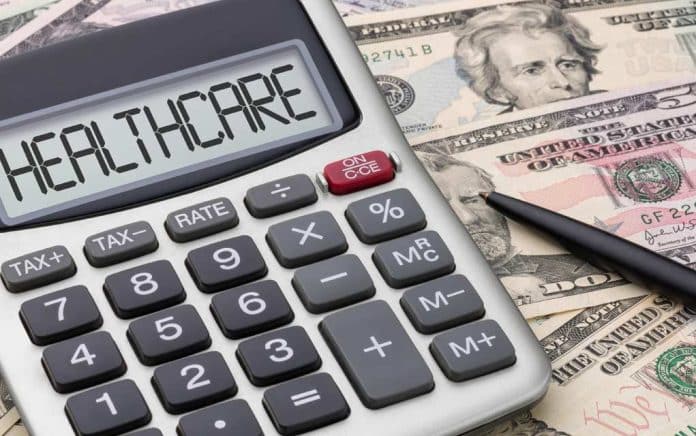
Smart Quiz: What is the Worst Threat to Financial Health?
a. Over Spending
b. Health Decline
c. Bad Investments
d. The Economy
Answer: Health Decline
(FinancialHealth.net) – Routine medical check-ups and prescriptions for everyday ailments can put a dent in just about anyone’s wallet. A true medical emergency or sudden serious illness can quickly deplete savings and even wipe you out financially!
According to the National Bureau of Economic Research, there is a direct relationship between a person’s personal health and their financial health. The more a person’s health declines, the more work is likely to be missed.
Savings can become quickly drained and you can end up juggling both your medical concerns as well as increasing financial distress. Here’s what you can do about it…
Ways to save or help pay for healthcare include:
- Opening a healthcare savings account (HSA) to put away pre-tax money that can be used to pay for deductibles, copays, and other healthcare expenses. HSAs are usually available to those with high-deductible insurance policies.
- Contributing pre-tax dollars to a flexible spending account (FSA). This type of account is usually through an employer. This money can be used to pay for out-of-pocket expenses.
- Asking for upfront estimates and negotiate payment arrangements in advance of tests or procedures.
- Calling the hospital immediately upon receipt of a bill to negotiate a lower one-time payment or to set up a payment plan to avoid collections and additional fees.
- Researching medication manufacturers to see if they offer patient assistance programs for free or reduced-cost medications. Some offer free medications while others offer copay assistance.
You can also save money by:
- Going to free screening events in your community. You may be screened for diabetes, potential aneurysms, blood pressure issues, and HIV. Some organizations even offer free mammograms.
- Knowing which hospitals, urgent care facilities, imaging groups, labs, and doctors are covered by your insurance policy, so that you don’t get hit with unnecessary bills for out-of-network care.
- Using an online price shopping tool like GoodRx.com to find the best prices on medications. Different pharmacies offer different discount plans. While it’s OK to pharmacy shop, make sure the same pharmacy is filling all of your prescriptions to ensure the pharmacist is able to check all of your medications for interactions.
- Asking your doctor to compare the benefits of older, cheaper drugs versus newer, more expensive medications.
- Keeping records of all of your test results and sharing them with all your doctors so that tests are not duplicated.
- Asking your doctor for free medication samples, when available.
Preventative care is extremely important, but emergencies and sudden illnesses do happen. Create a separate health savings account and use strategies for negotiating better prices on necessary procedures so a sudden illness or injury won’t be as likely to cause financial hardship.
~Here’s to Your Financial Health!
Copyright 2020, FinancialHealth.net





















